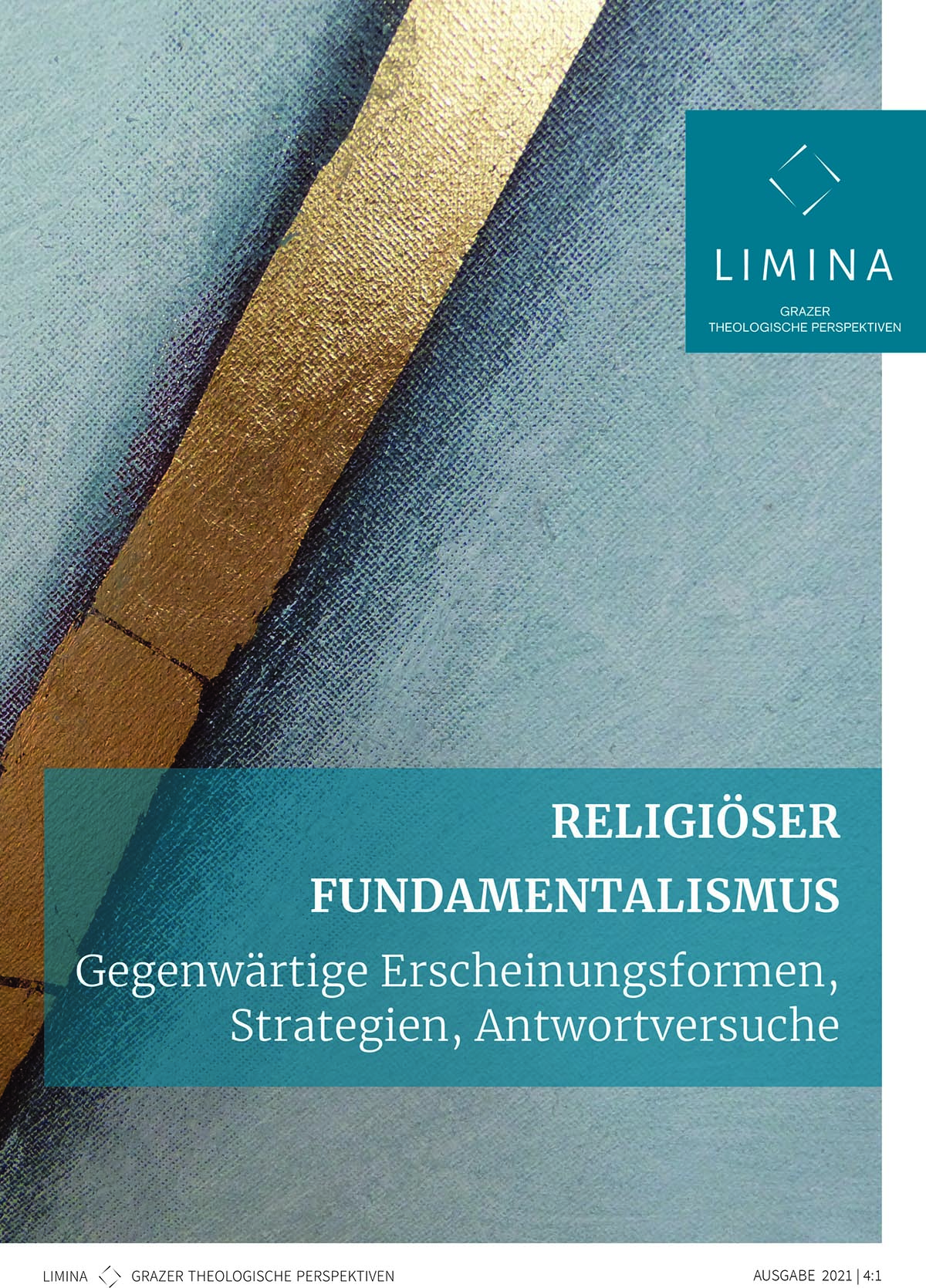Durchbruch des Fundamentalismus? Ein neues Gesicht der Orthodoxie im Judentum Ungarns
Hauptsächlicher Artikelinhalt
Abstract
Am Beispiel des gegenwärtigen ungarischen Judentums behandelt dieser Beitrag den religiösen Fundamentalismus als eine moderne gesellschaftliche und kulturelle Erscheinung. Theologisch gesehen kann der Fundamentalismus auch als eine patriarchale Protestbewegung betrachtet werden, die die religiöse Tradition im Interesse der Machterhaltung missbraucht. Die Orthodoxie nimmt im fundamentalistischen Konzept einen besonderen Platz ein. Sie kann sich manchmal den Verhältnissen und Bedürfnissen moderner europäischer Gesellschaften anpassen und ein frauenfreundliches, ja sogar demokratisches Gesicht zeigen. Diese Form der Orthodoxie wird im Artikel als Neo-Orthodoxie bezeichnet. Die Demokratie in einer neo-orthodoxen Gemeinschaft ist aber nur eine scheinbare, denn die wirkliche Macht konzentriert sich bei den Rabbinern, die entscheiden, wieviel Freiheit den Mitgliedern der Gemeinschaft und insbesondere den Frauen zugestanden wird. Zurzeit scheinen der Einfluss der jüdischen Neo-Orthodoxie und somit die Gefahr des Durchbruchs des Fundamentalismus in Ungarn zu steigen. Die nicht-orthodoxen jüdischen Gemeinschaften sind dagegen nicht aktiv genug und beschäftigen sich wenig mit der Stärkung ihrer eigenen jüdischen Identität.
Artikel-Details
Das Copyright verbleibt ohne Einschränkungen bei den Autor:innen.
Der Inhalt von LIMINA steht unter der Creative Commons Attribution 4.0 International Licence. Mit der Einreichung eines Beitrags stimmen die Autor:innen den Nutzungsbedingungen der CC BY-Lizenz zu.

